Agriculture science involves feeding the world. This field has been around since the beginning of civilization, but progress and discoveries around cultivating food and textiles are occurring today. If you're interested in plants, crop production, or livestock, consider agricultural science.
In STEM, agricultural science is researching ways to produce products and innovative techniques to meet societal needs. Agricultural science can work within the confines of traditional techniques, but also embraces new efficient techniques and discoveries. Some areas of agricultural sciences includes horticulture, entomology, soil science, research, food production, and agricultural biotechnology.
Agricultural science is at the forefront of solving some of the biggest challenges in the world today: How can we produce enough food to feed a growing global population while preserving natural resources? Agriculture science draws on other areas of science (and STEM) to develop an understanding of agriculture through research and development.
Agriculture provides most of the world’s food and fabrics. Cotton, wool, and leather are all agricultural products. Agriculture also provides wood for construction and paper products. These products, as well as the agricultural methods used, may vary from one part of the world to another. Agriculture is Nebraska’s #1 career industry, as the state competes with Texas to be the #1 cattle feeder state in the country. Nebraska also sits as the #2 state in the country for biofuels, and #1 for bean and soybean production. 1 out of 3 jobs in Nebraska are directly or indirectly related to agriculture. To explore Future Farmers of America’s list of 300+ agriculture-related careers, click here.
Some of the sub-areas of this field include horticulture, entomology, soil science, food production, and agricultural biotechnology. Many careers fall under the umbrella of agricultural science, including farmers, ranchers, producers, arborists, agronomists, and more.
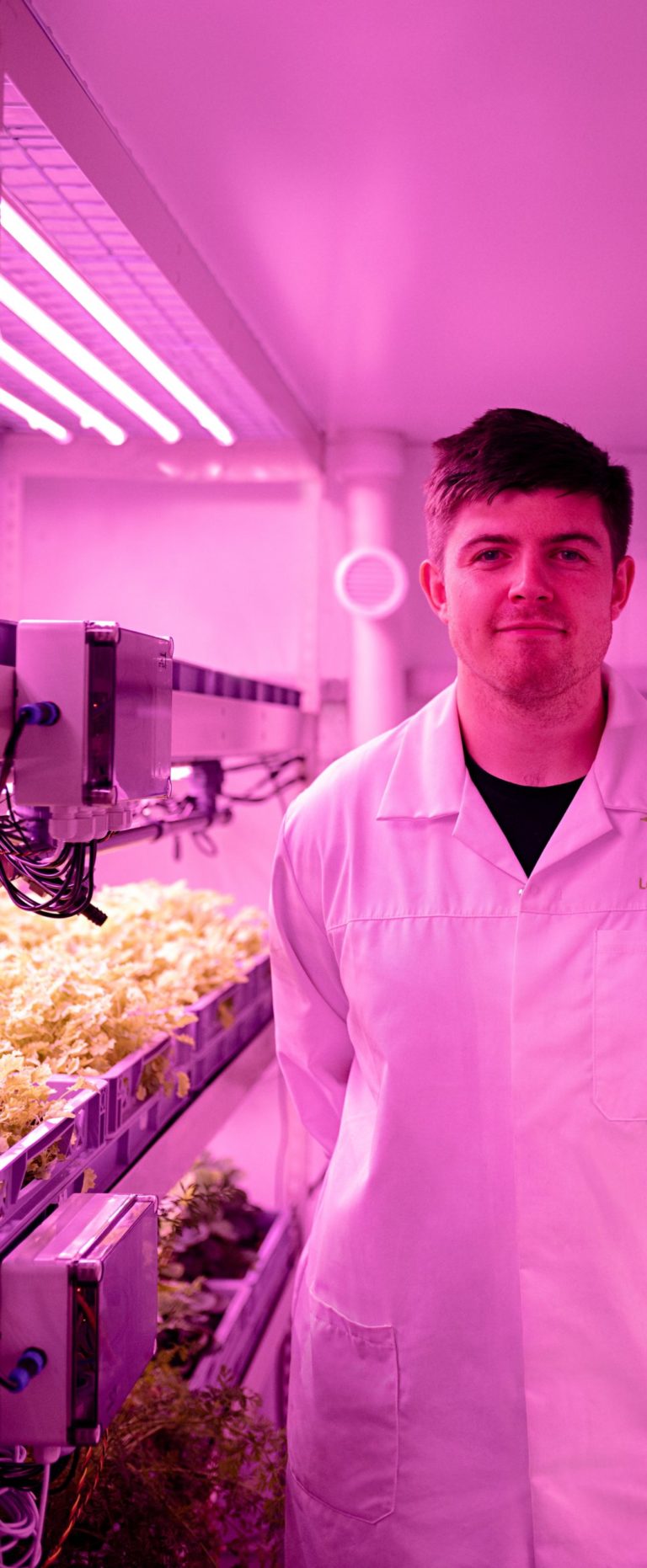
Education Requirements
Bachelor's degree
Average Salary
$71k
Food scientists work to make food safer and last longer. They can analyze food to determine its nutritional content, and may be experts on the best ways to preserve, store, package and transport food to consumers. Food scientists need knowledge of chemistry, biology and other areas of science. They may also research new methods of production or sources of food.
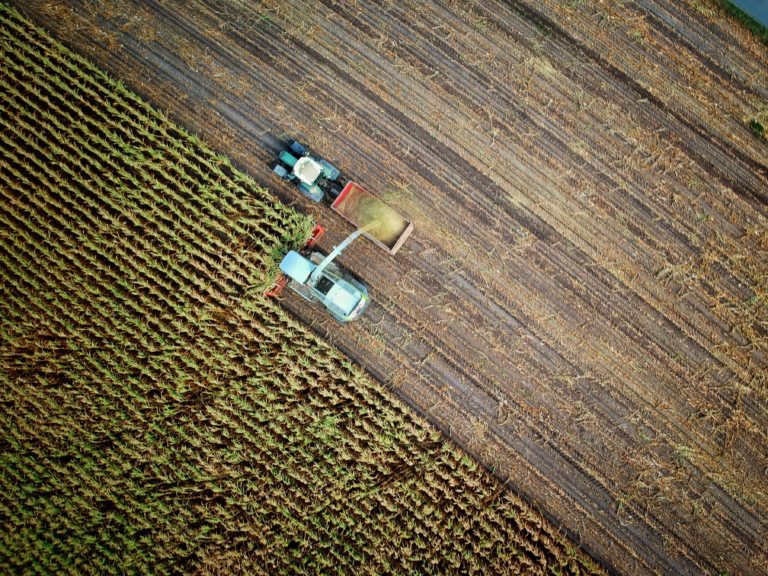
Education Requirements
High school diploma or equivalent
Average Salary
$74k
Farmers plan and manage the production of food or other commodities. Farming can be very different depending on what part of the world you are in. Farmers produce a wide variety of products, including row crops, fruits and vegetables, meat, dairy, and textiles. In addition to overseeing the cultivating and harvesting processes, farmers also tend to be involved in the financial and business side of an operation.
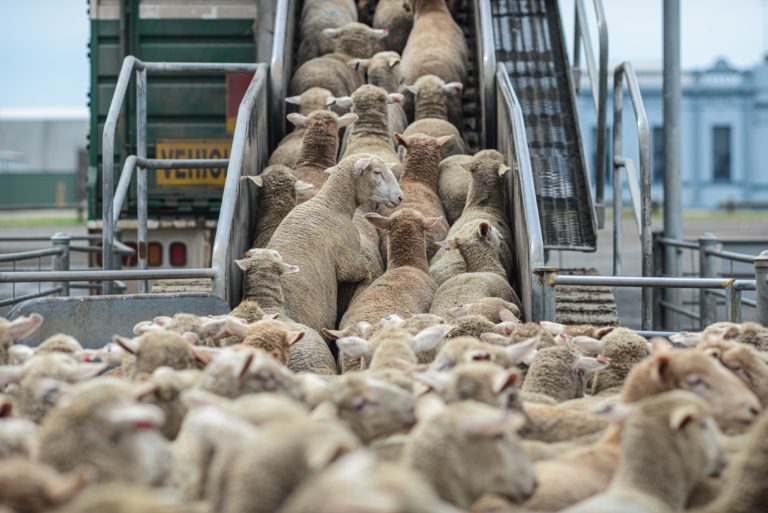
Education Requirements
High school diploma or equivalent and/or Bachelor's degree
Average Salary
$59K
Livestock commission agents sell livestock at stockyards as an agent for an owner, and contracts purchasing agents to inform of the livestock that is available for sale. Livestock commission agents may specialize in the purchase of one species of livestock. You may find that experience in other jobs will help you become a livestock commission agent. In fact, many livestock commission agent jobs require experience in a role such as a project manager. Meanwhile, many livestock commission agents also have previous career experience in roles such as construction manager or operations manager.
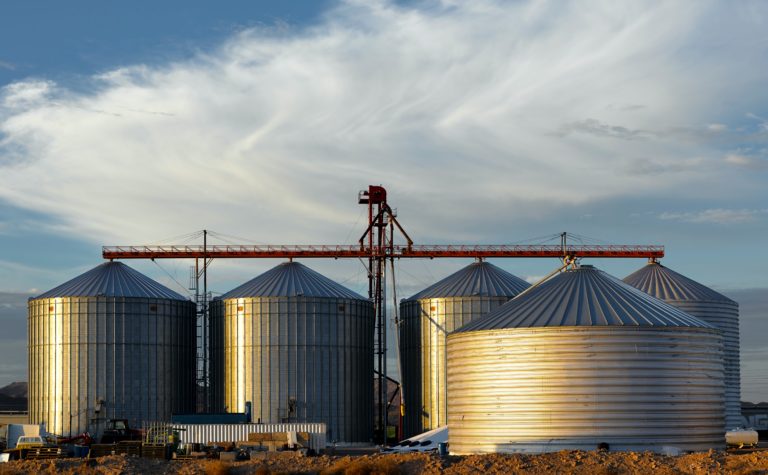
Education Requirements
High school diploma and trainings
Average Salary
$49K
Grain elevator technicians weigh and grade in-bound and outbound grain using both computer and manual tools. This job also involves unloading trucks and railcars, and transferring/piling grain using small and large front end loaders. Grain elevator technicians may also be required to climb to the top of grain storage bins using appropriate tools and procedures to maintain and upkeep the equipment.
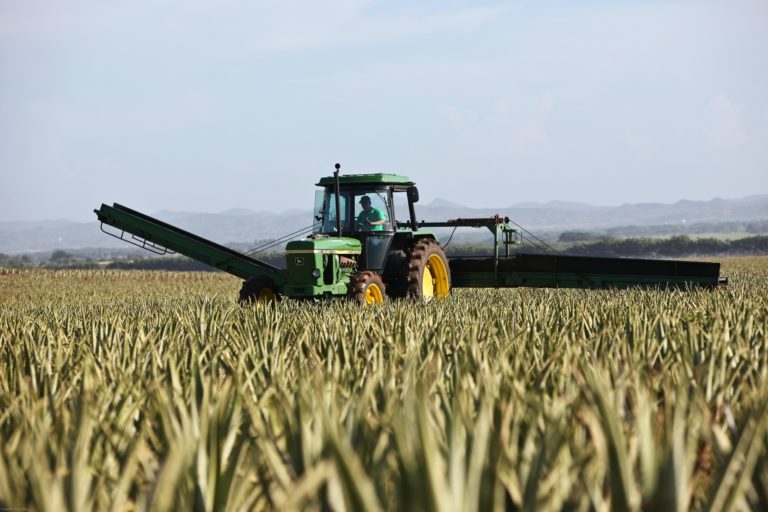
Education Requirements
High school diploma and training
Average Salary
$33K
Heavy equipment operators load and unload crops or containers of materials, manually, or by using conveyors, handtrucks, forklifts, or transfer augers. They also may spray fertilizer or pesticide solutions to control insects, fungus and weed growth using hand sprayers. Ag equipment operators must observe and listen to machinery operation to detect equipment malfunctions.
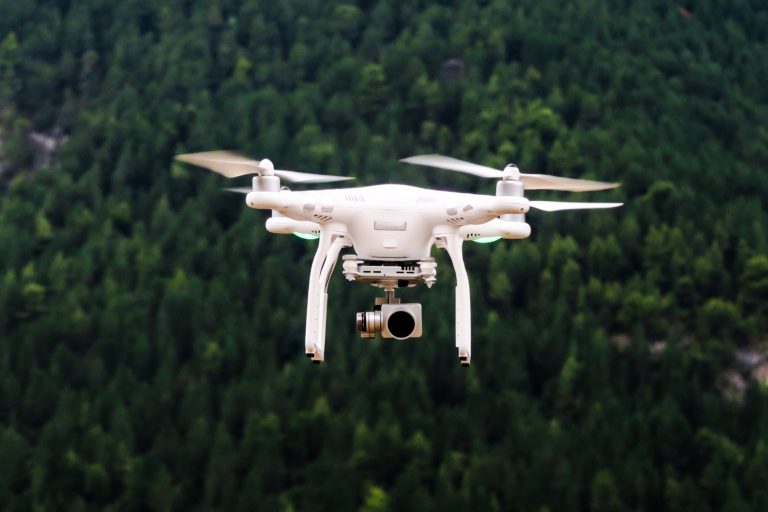
Education Requirements
A high school diploma my be sufficient to enter this field, although a bachelor's degree may be required for advancement opportunities. In the United States, you can get your Remote Pilot Certificate by scheduling an appointment at any Knowledge Testing Center.
Average Salary
$66K
Agriculture is making a shift toward more technology, and drones are becoming a huge part of that transition. Farmers can use drones to help them increase yields by surveying their crops to see which areas of their land need more attention. Drones can also produce three dimensional maps that help with early soil analysis, aiding in planning seed planting patterns. One of the most common deliverables a drone pilot will give to a farmer is a Normalized Difference Vegetation Index map, which can be used to identify what plants are growing, and how well they are growing.
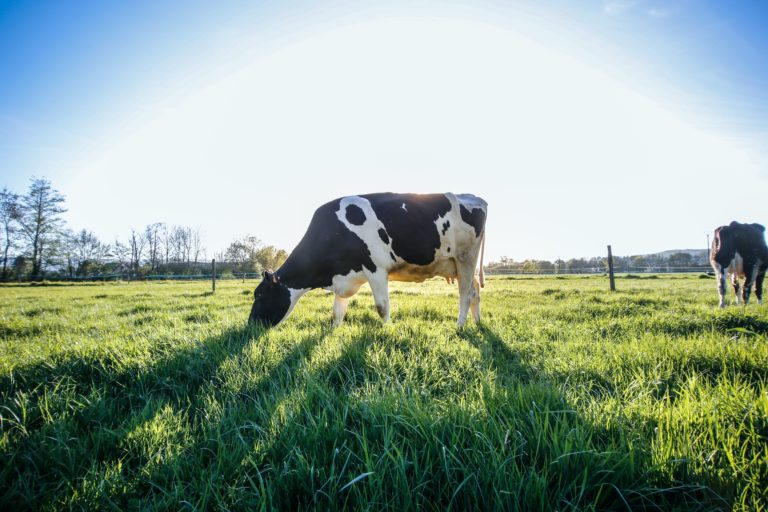
Education Requirements
Doctoral degree
Average Salary
$50K
Also called large animal veterinarians, specialize in caring for large animals, such as cows, horses, goats and pigs. Livestock veterinarians perform many of the same tasks as a small animal veterinarian, but may have to travel to farms and ranches to visit the animal, rather than the animal coming to a clinic. Livestock veterinarian treat wounds, prescribe medication, administer vaccinations, and operate on animals if necessary. They work closely with farmers and ranchers.
Career salary data provided by: U.S. Bureau of Labor Statistics Occupational Outlook handbook and O*NET OnLine.